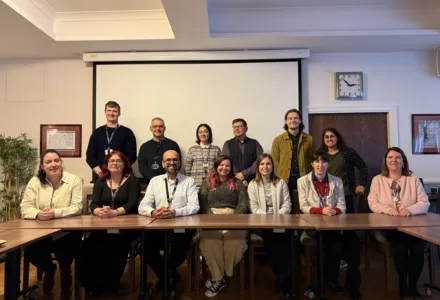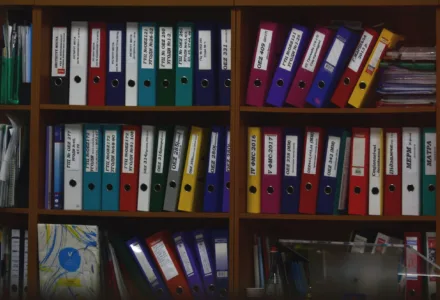Data Science is not just for big brand companies – SMEs can use data science approaches to help them to develop their businesses or understand their customers. For some small-to-medium-sized businesses, this might be daunting, due to concerns over requirements of staffing, skills, time or cost. However, data science needn’t be something you have to be an expert in, nor have to invest in costly software packages to achieve. By adopting a culture of being aware of, and regularly considering data, businesses can begin to use the information they hold to their advantage.
At LORIC we are keen to encourage the businesses that we work with to become empowered to take charge of their own data, so here are our suggestions for promoting a data science-based approach in your business:
Ten Tips for SMEs
- It doesn’t matter if you start small with your data, just as long as you START – begin by getting one aspect of your data in order, such as one form, or one spreadsheet, and then move onto the next.
- Aggregate the data you already have – start to look at your data in the context of the whole business, not just one section of it. In this respect the smaller or younger your company, the easier this will be as there is less data to consider. It might be surprising what you can learn by cross referencing data on different business functions.
- Have an overview – designate an individual or a small group to have oversight over ALL of the data. Have them review it regularly.
- Identify the gaps – Review existing data and work out what else is needed. Gather data to fill the gaps from consumers using surveys, interviews, focus groups, or from external sources such as Open Data.
- Understand your consumers’ journey – consider what data is needed to understand what is happening at each stage.
- Be proactive, not reactive - Identify the data your business will need in the future and take steps to start gathering it now.
- Visualise your data – visuals such as charts and graphs can help you to identify trends that are not evident just from looking at the figures.
- Explore differences in consumer behaviour – Different segments of your audience will have different consumer behaviour. Understanding these differences can help you to target products, marketing or campaigns with greater accuracy.
- Make use of free data resources – such as a “freemium” version of Google Analytics, Google Trends, and Excel or Power BI included in Office 365 Plans. Open Data sets are typically free or have a small admin charge.
- Make your data work for you – use the data you have to provide evidence to back up decision making and strategy. If you’ve gone to the trouble of collecting, inputting and analysing your data, make sure it is useful to you. If it isn’t, go back to identifying gaps in the data you hold and consider different methods of analysis.
If you are an SME in the Greater Lincolnshire, we may be able to help your business to develop its data science culture as part of our FREE to access LORIC 2.0 project. For more details, please email us at loric@bishopg.ac.uk
Related Posts

Visits to BGU from Innovate UK

LORIC Wraps Up Successful SED Project

Innovate UK’s East Midlands Knowledge Exchange Forum hosted on BGU campus!

Understanding the Economic Impact and Future Potential of Greater Lincolnshire’s Sport, Physical Activity & Leisure Sector

LORIC Wins Venue of the Year Award

Digitising the Archive of the 20th Century Philosopher John Macmurray
